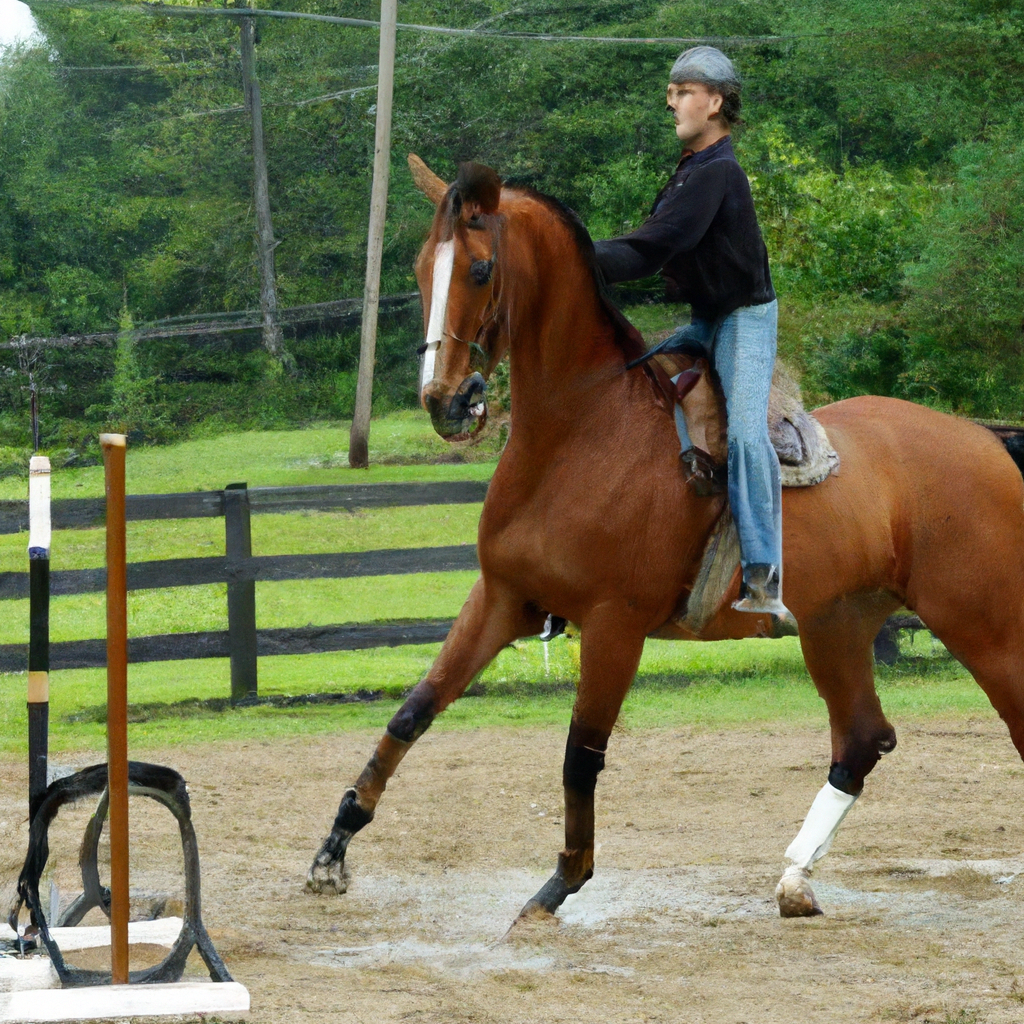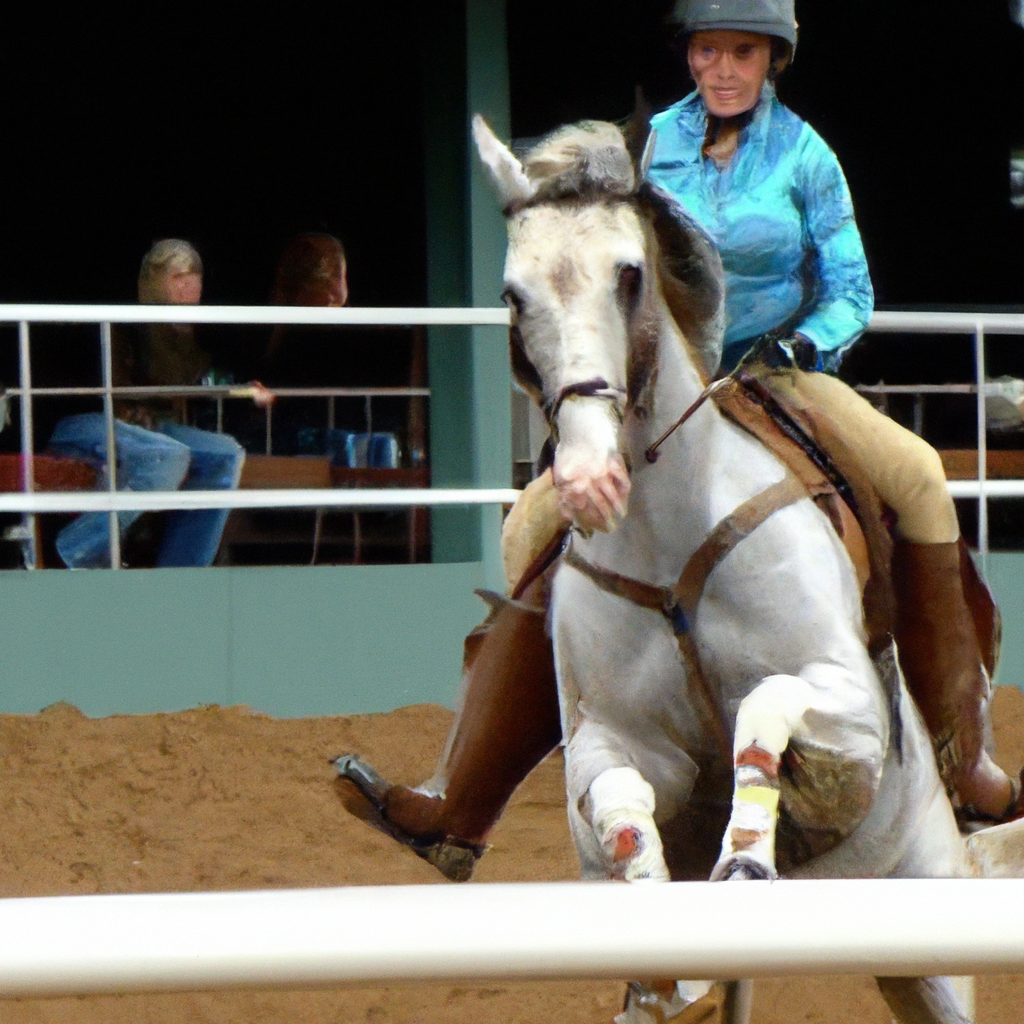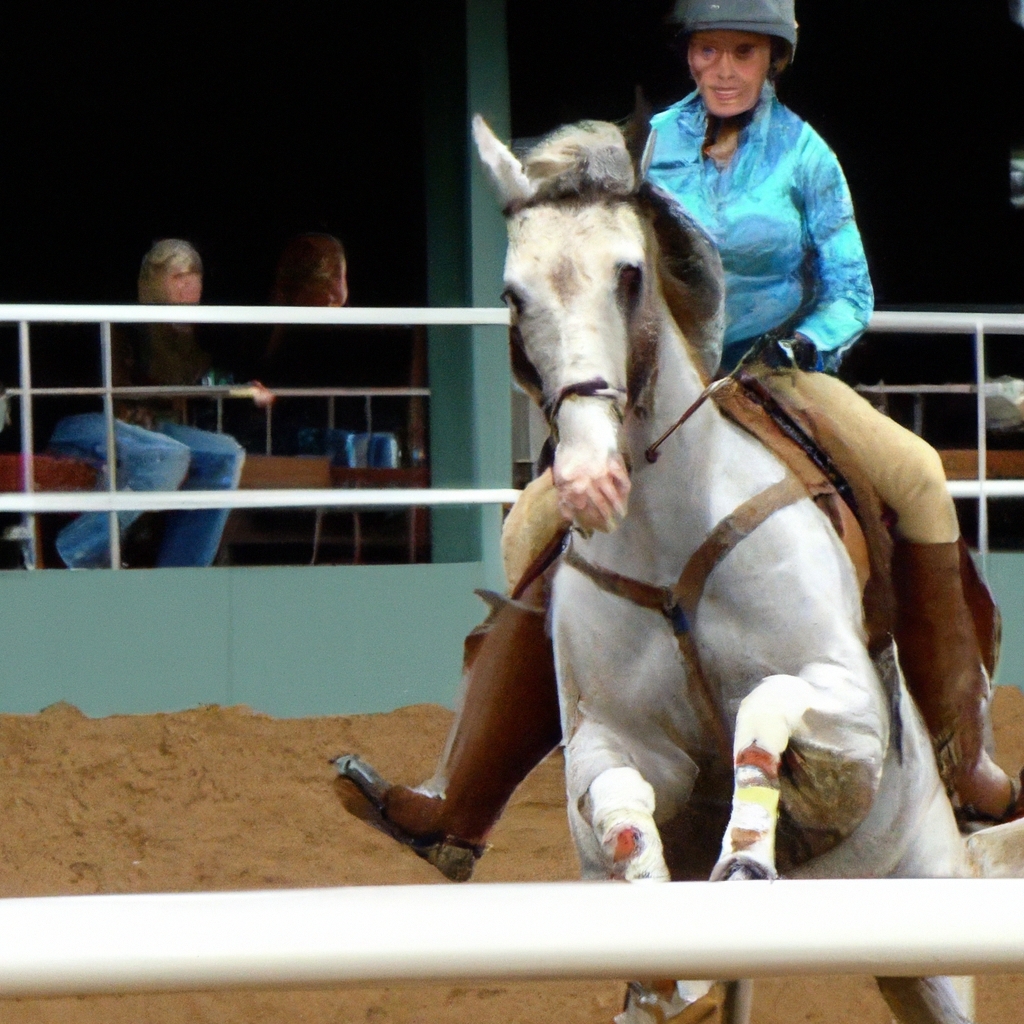If you’re looking to achieve success in horseback riding, one essential factor that should not be overlooked is trust. Trust plays a crucial role in the rider-horse relationship, impacting not only your performance but also your overall experience. Establishing trust with your horse is essential for effective communication, establishing a strong bond, and ensuring both your safety and the horse’s well-being. In this article, we will explore the importance of trust in achieving riding success and how it influences your progress as a rider. So, saddle up and get ready to discover the key to unlocking your full riding potential!
The Importance of Trust in Riding
When it comes to horseback riding, trust is everything. Building a strong and trusting relationship with your horse is not only essential for success in the saddle but also for your safety and overall enjoyment. Trust is the foundation upon which all other aspects of riding are built, from communication and signals to overcoming fear and building confidence. In this article, we will explore the various ways in which trust plays a crucial role in riding and how you can develop and maintain it with your horse.
Building Trust with Your Horse
To establish trust with your horse, it is important to understand their nature and behavior. Horses are prey animals by nature and rely heavily on trust and leadership from their riders. By creating a safe and comfortable environment for your horse, you can help them feel relaxed and secure. Bonding activities such as grooming and spending quality time together can also contribute to building trust. Consistency in handling and cues is essential, as it helps your horse understand your expectations and builds trust in your guidance. Additionally, positive reinforcement can go a long way in strengthening the bond between you and your horse.
Trust in Communication and Signals
Clear and consistent communication between horse and rider is crucial in establishing trust. Learning to read and understand your horse’s signals is key to effective communication. By establishing a language of trust, you can develop a deeper connection with your horse. Building trust through successful communication involves paying attention to your horse’s body language and energy, as they can provide important cues about their state of mind. Reinforcing trust through responsive riding, where you listen and respond to your horse’s feedback, can further strengthen your bond.
The Benefits of Trust in Riding
A trusting relationship with your horse brings a multitude of benefits. Improved harmony between horse and rider leads to enhanced performance and athleticism. When your horse trusts you, they become more willing to cooperate, which makes training and riding experiences much smoother. Trust also reduces anxiety and stress for both you and your horse, creating a positive and enjoyable riding experience. Moreover, trust serves as a vital component of safety and risk management, ensuring that you and your horse navigate any challenges or obstacles with confidence.
Building Trust Through Training
Training is an integral part of building trust with your horse. Trust-building exercises on the ground can help establish a solid foundation for the relationship. Gradual exposure to new experiences, such as introducing your horse to different environments and obstacles, builds their confidence and trust in your guidance. Desensitization is another valuable training technique that helps horses overcome fears and develop trust. Consistency and fairness in training methods are essential, as they provide horses with clear expectations and contribute to trust and obedience. Engaging in problem-solving exercises with your horse can also strengthen your bond and trust.
Overcoming Fear and Building Confidence
Fear can be a significant obstacle in horseback riding, but trust can help overcome it. Understanding fear and its impact is the first step in building confidence. Trust plays a crucial role in managing fear and anxiety, as it provides a sense of security and support. Gradual exposure and desensitization to feared situations or objects can gradually build confidence. Trust-based strategies, such as relying on your horse’s trust and listening to their feedback, can help you overcome fear. By establishing a solid foundation of trust with your horse, you will develop the confidence needed to thrive in the saddle.
Trust as the Foundation for Success
Trust is not just a nice-to-have in riding; it is a fundamental principle for success. Establishing trust as a core value sets the stage for a strong partnership between horse and rider. By creating trust-based goals and expectations, you provide clarity and motivation for both you and your horse. Trust serves as a motivator, driving you to work together towards achieving milestones and overcoming challenges. In the long run, trust and partnership form the backbone of riding success, leading to a fulfilling and rewarding experience for both you and your horse.

Common Questions about Trust in Riding
How long does it take to build trust with a horse?
Building trust with a horse is a gradual process that varies from horse to horse. It can take weeks, months, or even years to establish a strong bond built on trust. It depends on factors such as the horse’s past experiences, temperament, and the consistency of your training and handling.
Can trust be regained after a negative experience?
Trust can be regained after a negative experience, but it may require time, patience, and consistent effort. By reassessing and addressing the causes of the negative experience, you can work towards rebuilding trust with your horse through positive and trust-building interactions.
What are some trust-building activities for beginners?
For beginners, trust-building activities can include grooming, spending quality time together, and engaging in ground exercises or groundwork. These activities help establish a foundation of trust and communication between horse and rider.
How can trust influence a horse’s performance?
Trust has a significant impact on a horse’s performance. When a horse trusts their rider, they are more likely to cooperate and work to their full potential. Trust reduces stress and anxiety, allowing horses to focus and perform at their best.
What role does trust play in trail riding?
Trust is essential in trail riding, as it involves navigating unknown terrain and encountering potential challenges. A trusting relationship with your horse ensures their willingness to maneuver obstacles and cooperate with your guidance, resulting in a safer and more enjoyable trail riding experience.
How can I build trust with a new horse?
Building trust with a new horse requires time, patience, and consistent handling. Start by creating a safe and comfortable environment for the horse and gradually introduce them to new experiences at their own pace. Use positive reinforcement and clear communication to establish trust and develop a bond.
Is trust more important than skill in riding?
Trust and skill are both vital components of successful riding. While skill allows you to effectively communicate with your horse, trust is the foundation that enables that communication to occur. Without trust, even the most skilled rider may struggle to establish a cooperative partnership with their horse.
Can trust be developed with a rescue horse?
Yes, trust can be developed with a rescue horse. Rescue horses often come with their own set of challenges and may have trust issues due to past experiences. Patient, consistent, and compassionate handling, along with trust-building exercises and activities, can help establish a bond of trust with a rescue horse.
How does fear affect trust between the horse and rider?
Fear can erode trust between horse and rider, as it hinders clear communication and can lead to tension or anxiety. Fear disrupts the ability to establish a calm and trusting partnership, making it essential to address and manage fear in order to build trust.
Can trust be built through groundwork only?
Groundwork is a valuable tool for building trust with a horse, as it focuses on communication and establishing a foundation of trust. While groundwork is important, trust is ultimately developed through consistent handling, clear cues, positive reinforcement, and responsive riding both on the ground and in the saddle.

Conclusion
Trust is the cornerstone of a successful and fulfilling riding experience. By understanding the importance of trust and actively working to build and maintain it with your horse, you unlock the potential for enhanced communication, performance, and partnership. Whether you are a beginner or an experienced rider, investing time and effort into establishing trust will undoubtedly contribute to your growth, confidence, and enjoyment in the saddle. So, saddle up, and let trust guide you on your journey towards riding success.
